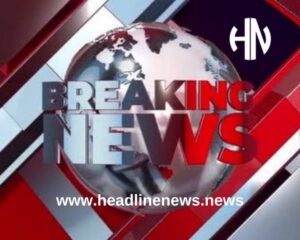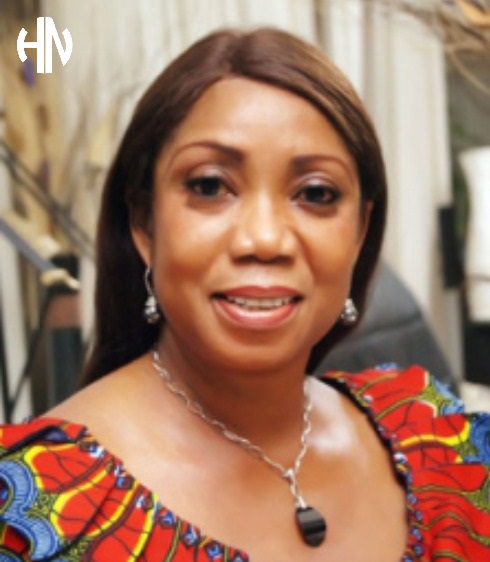Executive Snapshot
Donald Trump’s declaration to place Nigeria on the Country of Particular Concern (CPC) list and his talk of military “options” are not random outbursts. They combine domestic U.S. politics, strategic leverage, and a narrative that oversimplifies Nigeria’s complex insecurity into a one-note “religious persecution” story. Abuja cannot ignore it: the rhetoric already carries sanctions risk, investor chill, and diplomatic blowback. Fact check: no U.S. operation has been announced, but Trump has publicly ordered contingency planning—which lowers the threshold to act if the politics line up.
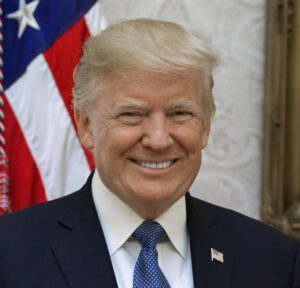
What Trump Wants (the short version)
1) Domestic politics and the evangelical base. “Protecting persecuted Christians” is potent with U.S. conservative voters and faith-based advocacy groups. It keeps Nigeria in headlines and aligns with calls from senators and activists pushing a genocide frame.
2) Strategic leverage. Nigeria matters: population, regional leadership, hydrocarbons, critical minerals, and counter-terrorism geography. CPC plus threats of force become pressure tools to extract concessions, shape alignments, or force cooperation—especially after the U.S. posture in the Sahel deteriorated.
3) A playbook visible in Venezuela. Trump-era and current moves—maximum pressure, sanctions, tariff threats, undercutting oil revenue—show how Washington mixes moral language with hard leverage to corral energy-rich states. That toolkit resurfaced in 2025 against Venezuela’s oil (licenses yanked; tariff threats). Expect the same coercive instincts to surface where narratives and resources intersect.
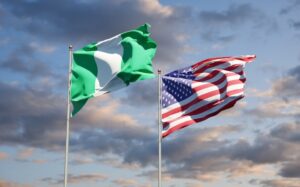
The Reality Check (facts, not vibes)
CPC is real and risky: It enables penalties—aid restrictions, visa bans, other sticks—even if none have been imposed yet. Reuters/AP confirm the designation signal and the threats.
No operation announced: The Pentagon routinely drafts options; that’s not a go-order. Nigeria has publicly pushed back and said any U.S. help must respect sovereignty.
The violence is complex, not purely religious: Christians and Muslims are both victims; drivers include Boko Haram/ISWAP, banditry, kidnappings, and local conflicts—not state policy of persecution. Major coverage and analyses reflect this nuance.
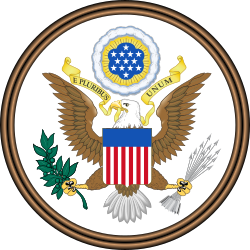
Why the “Bullying” Works (and how to blunt it)
Narrative vacuum: With no ambassador in place for stretches and limited proactive messaging, others defined Nigeria in Washington. That’s how a simplistic genocide frame gained traction. (Nigeria’s own officials are now pushing back.)
Reputational contagion: CPC + “military planning” headlines heighten investor risk perceptions. Even without sanctions, the cost of capital rises. (Ask Venezuela.)
Geopolitics beats accuracy: If Abuja doesn’t flood the zone with data and reforms, symbolism will outrun facts—again.
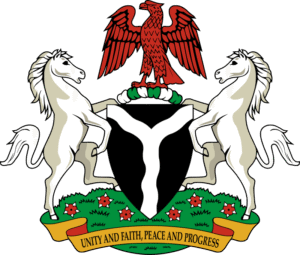
Will Nigerians Welcome U.S. Intervention? A Sober Estimate
There is no credible, recent nationwide poll asking Nigerians whether they would support U.S. military intervention inside Nigeria. We won’t invent numbers. Here’s what we can say from solid data and context:
Nigerians generally hold favorable views of the United States (Pew, June 2025). Positive views of America do not translate into inviting U.S. troops.
Pan-African mood: Afrobarometer’s continent-wide work shows Africans prioritize practical development partnerships and autonomy; the current zeitgeist is sovereignty-minded, not intervention-friendly.
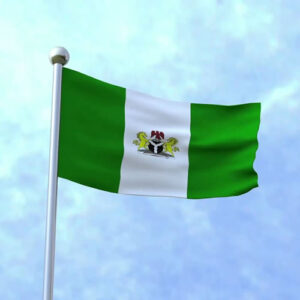
Reasoned estimate (with caveats): Based on the above and Nigeria’s history, it’s unlikely that more than 15–20% of Nigerians would welcome direct U.S. military action on Nigerian soil; a clear majority would likely oppose it, favoring assistance that respects sovereignty (intelligence, training, equipment) rather than boots or bombs. This is an inference, not a substitute for a fresh, Nigeria-specific poll. (We recommend commissioning NOI Polls or partnering with Afrobarometer to measure this directly.)
Is the U.S. Serious about Force?
Serious enough to scare markets and complicate diplomacy. Trump has explicitly threatened action and told the Pentagon to prepare options. But operations face hurdles: War Powers reporting, coalition-building, basing access (post-Niger withdrawal), and the reality that Nigeria’s threats are diffuse and non-contiguous—ill-suited to quick, clean strikes. Still, the signal is the point: pressure Abuja fast.
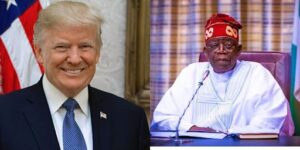
The Equatorial Guinea Rumor
Claims that “the U.S. command is already in Equatorial Guinea” are false. AFRICOM HQ remains in Stuttgart, Germany; the only permanent U.S. base in Africa is Camp Lemonnier, Djibouti. Rumors persist because of chatter about great-power competition on the Gulf of Guinea, but there’s no official U.S. command move to EG.
What Abuja Should Do This Week (not next month)
1) Fill the Washington gap. Appoint a heavyweight Ambassador to the U.S. and deploy a cross-party, inter-faith delegation to Congress, State, and faith-based networks. Reuters reports Abuja has already drawn a sovereignty line while leaving the door open to assistance—amplify that in person.
2) Own the data. Publish monthly, verifiable dashboards: attacks, arrests, prosecutions, convictions; protection of churches, mosques, and schools; early-warning deployments. That’s how you puncture the genocide narrative with facts.
3) Commission an independent victim-mapping study. Partner with Nigerian universities and neutral NGOs to quantify Christian and Muslim casualties and displacement, region by region. Make the database public and audit-able.
4) Offer a 180-day “Action Plan” to Washington. Borrow a page from the Vietnam/Sudan/Uzbekistan playbooks: verifiable benchmarks, external observers at trials, open access to protected sites—then ask for a CPC waiver/suspension tied to milestones.
5) Rebuild narrative capacity. Hire a top-tier U.S. government-relations + communications consortium to run Hill briefings, op-eds, editorial board meetings, and faith-community roundtables. Don’t outsource the story; coordinate it.


6) Regional ballast. Secure AU/ECOWAS statements rejecting unilateral force and endorsing Nigeria’s plan. Pan-African solidarity raises the political cost of any rash move. (Public opinion across Africa increasingly prizes autonomy.)
What Nigerians Should Know (and do)
There is no religious war. Terrorists, bandits, and local conflict entrepreneurs have attacked both Christians and Muslims. Reducing it to a one-faith tragedy is inaccurate and dangerous.
Intervention isn’t charity. U.S. “moral” policy often travels with strategic interests—see Venezuela. Nigeria must fix security and the narrative to deny pretexts.
Civic unity matters. Diaspora or domestic actors lobbying for foreign force will not pay the price Nigerians will. Patriotism now means demanding reforms at home and rejecting invitations to external boots.
The Investor Angle (why this bites immediately)
Markets read headlines, not footnotes. CPC + “military options” equals higher risk premium on Nigerian paper and projects. Even if sanctions never land, money gets skittish. The only antidote: metrics, prosecutions, and credible third-party validation—and a visible diplomatic surge in Washington.

Conclusion.
Trump’s endgame: leverage—domestic (evangelical politics), geopolitical (shape Abuja’s choices), and symbolic (project toughness).
Nigeria’s counter: speed, substance, and storytelling—simultaneously.
Public sentiment: Favorable toward the U.S. overall, but highly unlikely to welcome foreign military action; best estimate ≤ 15–20% would support direct intervention, with a clear majority preferring sovereignty-respecting assistance. (Commission a poll to lock this down.)
Nigeria can still flip the script. But international diplomacy punishes silence and rewards engagement. Appoint the envoy, table the action plan, publish the numbers, and rally Africa behind a sovereignty-first solution. Do that, and the CPC cloud becomes a passing squall—not a storm that stalls the nation’s future.
Princess Gloria Adebajo-Fraser MFR.
Founder, The National Patriots.
